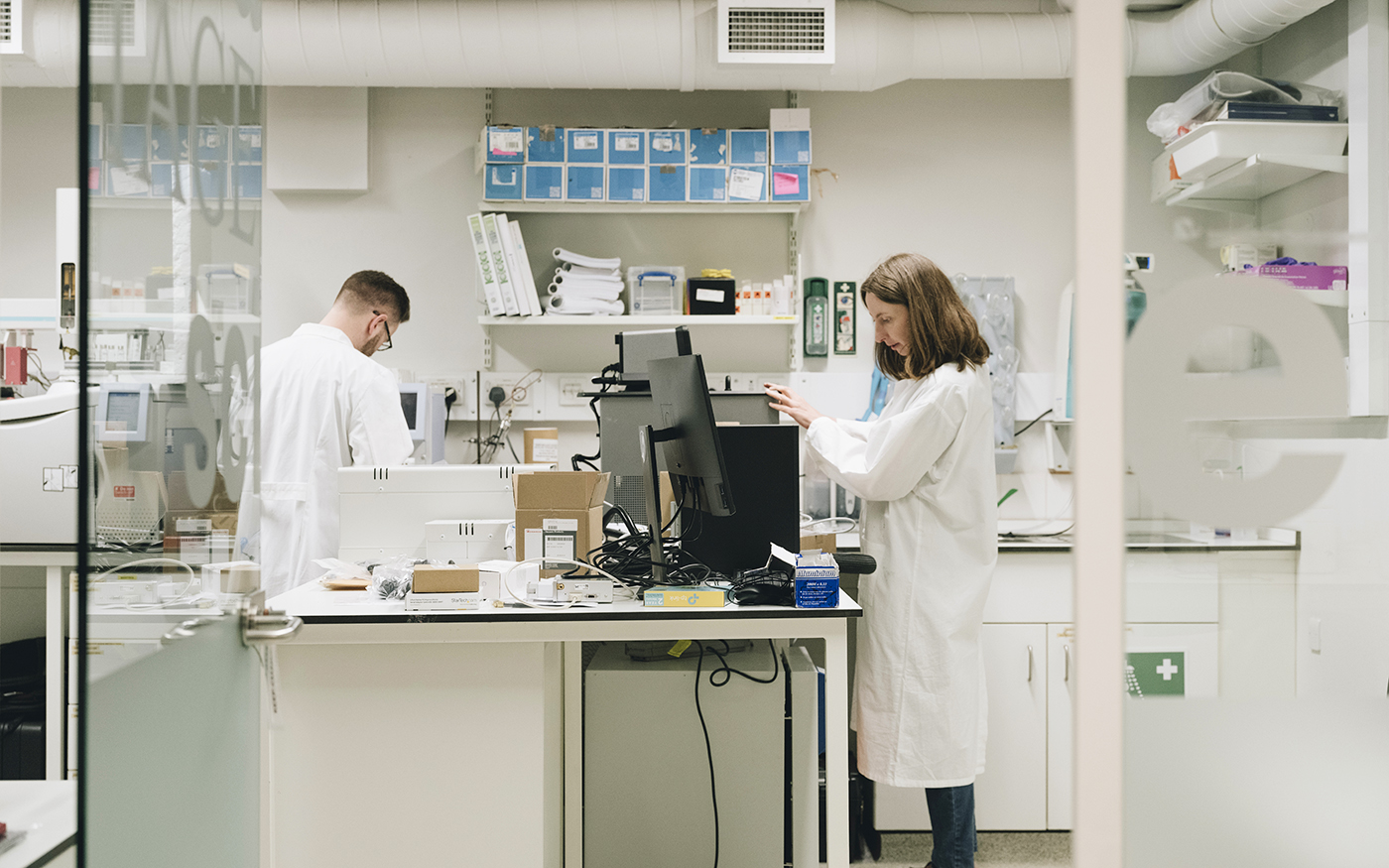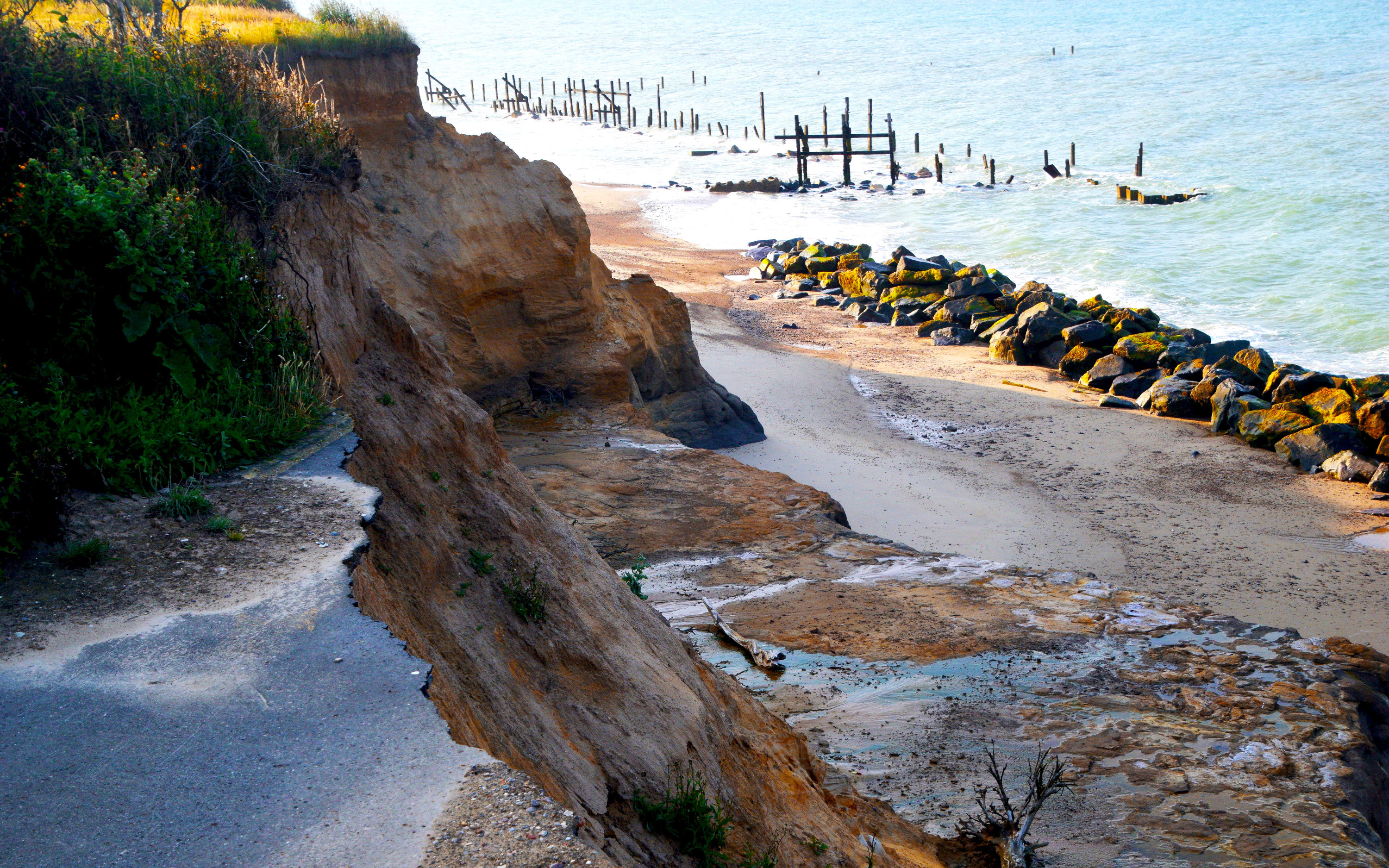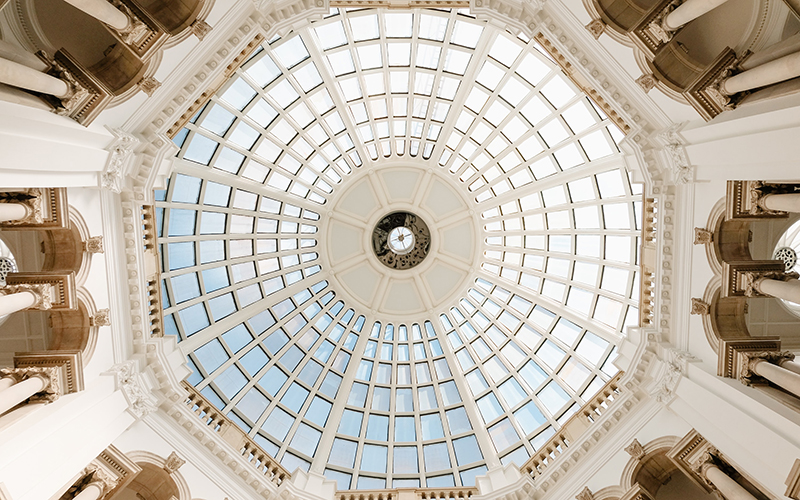Research
Our research encompasses subjects in both the arts and humanities and the hard sciences. This interdisciplinary approach means that our expertise is not only concentrated within the Institute but also extends to the BEAMS Heritage Science and Engineering Network. This network is a vibrant community of experts from various UCL departments who share a keen interest in cultural heritage work.
Our research is recognised both nationally and internationally. In the latest national research assessment (REF 2021), we were ranked number one for Research Power in the built environment, with 91% of our research rated as ‘World Leading’ or ‘Internationally Excellent.’ Additionally, the Smithsonian Institution has acknowledged our Institute as "world-leading." In 2010, we were honored with the Europa Nostra Grand Prix for Research, a prestigious award in heritage science research, for our Noah's Ark project.
By drawing on diverse disciplines and collaborating with experts across UCL, we continue to advance our understanding and preservation of cultural heritage.
Themes
We have four major research themes, covering the multidisciplinary research interests and projects at the Institute. Information about which can be found below:
Research Strategy
Explore our strategy to learn about our values of collaboration, innovation, and excellence, and our ambition to enhance heritage's role in society through integrated research, innovation, and public engagement.
Facilities
The work of our staff and students is supported by our outstanding research and teaching facilities.
These include: our state-of-the-art Heritage Science Laboratory with over 100m2 of lab space for studying historic objects and environments, the unique research vehicle Mobile Heritage Lab enabling scientific research and engagement with the public and professionals alike, and most recently our Here East Heritage Science Laboratory located in the Queen Elizabeth Olympic Park with three spaces for imaging and other experimental work.
Impact
Our research informs our teaching, benefits the partners that we work with, and, aims to push forward knowledge and understanding within heritage and scientific communities. But there’s often a wider audience for our work.
To give the public a chance to learn about and evaluate our work work, we publish best practice case studies that demonstrate the impact of research projects we carry out.
Public engagement is an important part of our work. We have disseminated our research through newspaper articles, television, poetry, stand-up comedy, public lectures and participation in public events at institutions such as the British Museum and the British Library.
Project Directory

Our research projects engage with complex, real-world heritage issues that demand world-class research expertise from numerous disciplines. View our project directory to find out more.
View our full project directory
Our researchers
Our researchers make a vabluable contribution to identifying the problems facing cultural heritage today, and to devising sustainable solutions for the future.
 Close
Close




